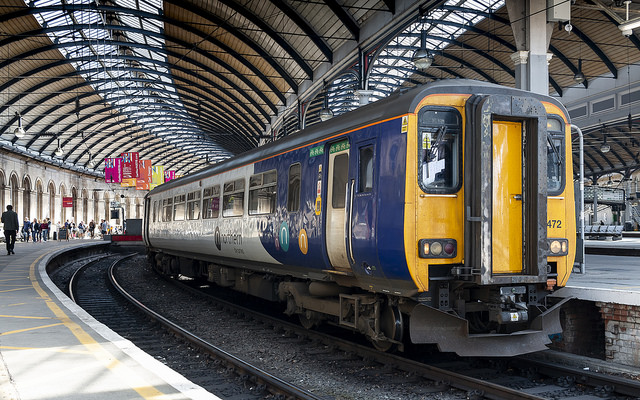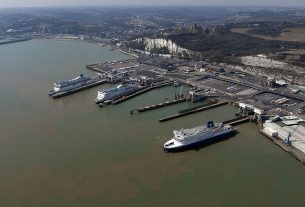Rail passenger groups have reacted with dismay at the news that fares are to rise by around 3.1 per cent in January.
The Rail Delivery Group (RDG) confirmed the increase despite calls for fares to be frozen after a year of disruption on the UK’s railway network.
The latest hike is based on the Retail Price index (RPI) and follows a 3.4 per cent rise at the beginning of the year as rail fare rises continue to outstrip wage increases.
Severe disruption on rail services this year, particularly on Govia Thameslink and Northern Rail, had prompted the demands for a freeze.
But RDG chief executive Paul Plummer said the rises were necessary to continue funding improvements to the network.
He added: “Nobody wants to pay more to travel, especially those who experienced significant disruption earlier this year.
“Money from fares is underpinning the improvements to the railway that passengers want and which ultimately help boost the wider economy.”
The RDG said train companies would introduce 7,000 new carriages, on 6,400 extra services a week by 2021, meaning more seats, more trains and better reliability.
It was confirmed that:
- Northern Rail fares will rise by 3.2 per cent.
- Govia Thameslink fares will go up by just below 3 per cent.
- C2C fares will increase by 2.6 per cent.
- Chiltern will increase fares by 2.8 per cent.
Passenger groups say if there have to be fare rises they should be based on the Consumer Price Index (CPI), which is lower than RPI.
Alex Hayman of consumer group Which? said rail punctuality has fallen to its lowest level since 2006 and fare rises would only add to passengers’ misery.
Labour’s shadow transport secretary Andy McDonald said the increase was “another kick in the teeth for passengers on Britain’s rip-off privatised railways.”
Darren Shirley, chief executive of the Campaign for Better Transport said the government should be introducing a fares freeze from January after a year of chaos
Anthony Smith, chief executive of watchdog Transport Focus said there needed to be a “fairer, clearer fares formula” with increases based on CPI.
“Many passengers, still reeling from summer timetable chaos and frustrated by ‘autumn’ disruption, won’t believe fares are going up again.
“Passengers now pour over £10 billion a year into the rail industry alongside significant government investment, so the rail industry cannot be short of funding.”




